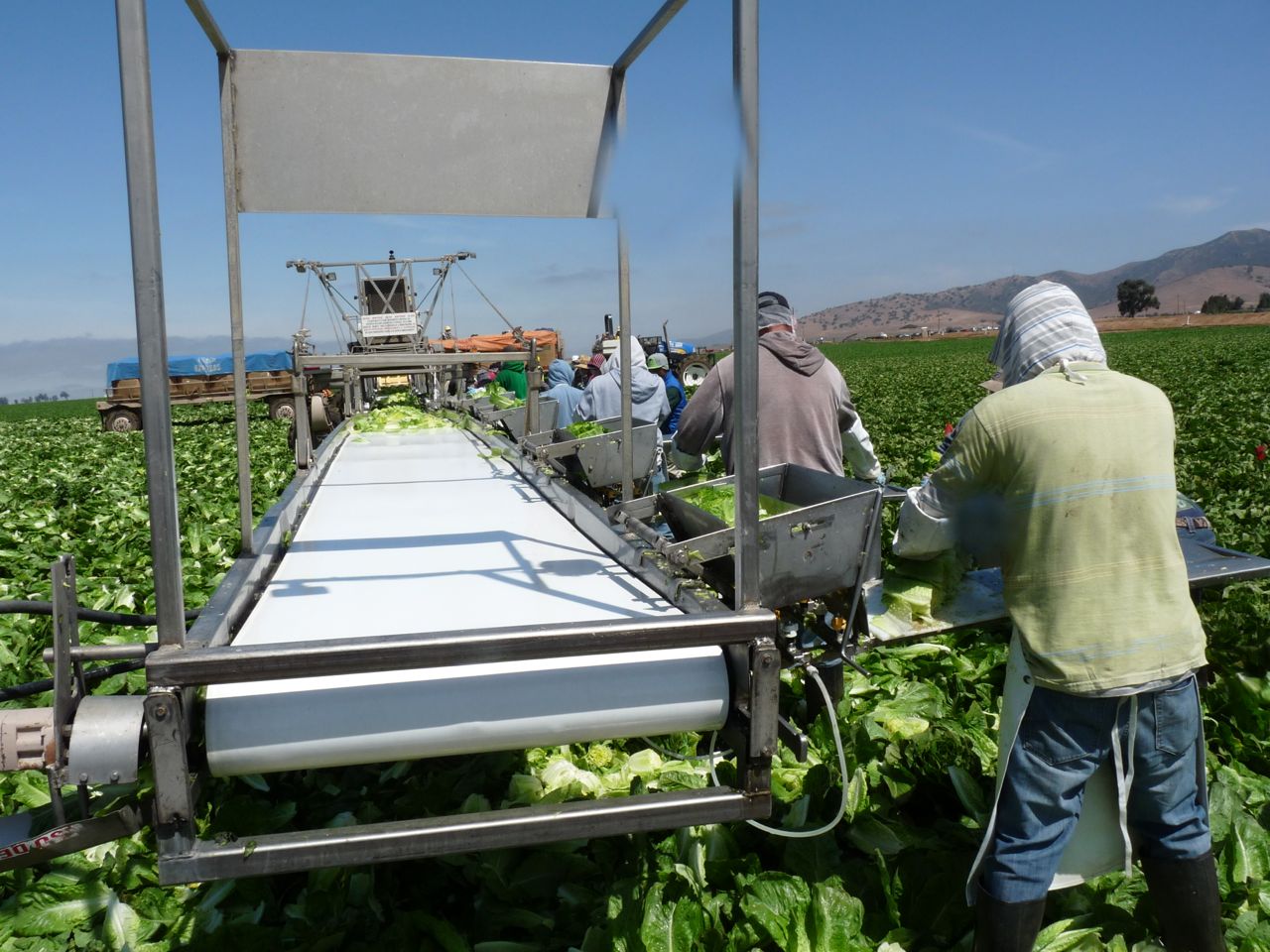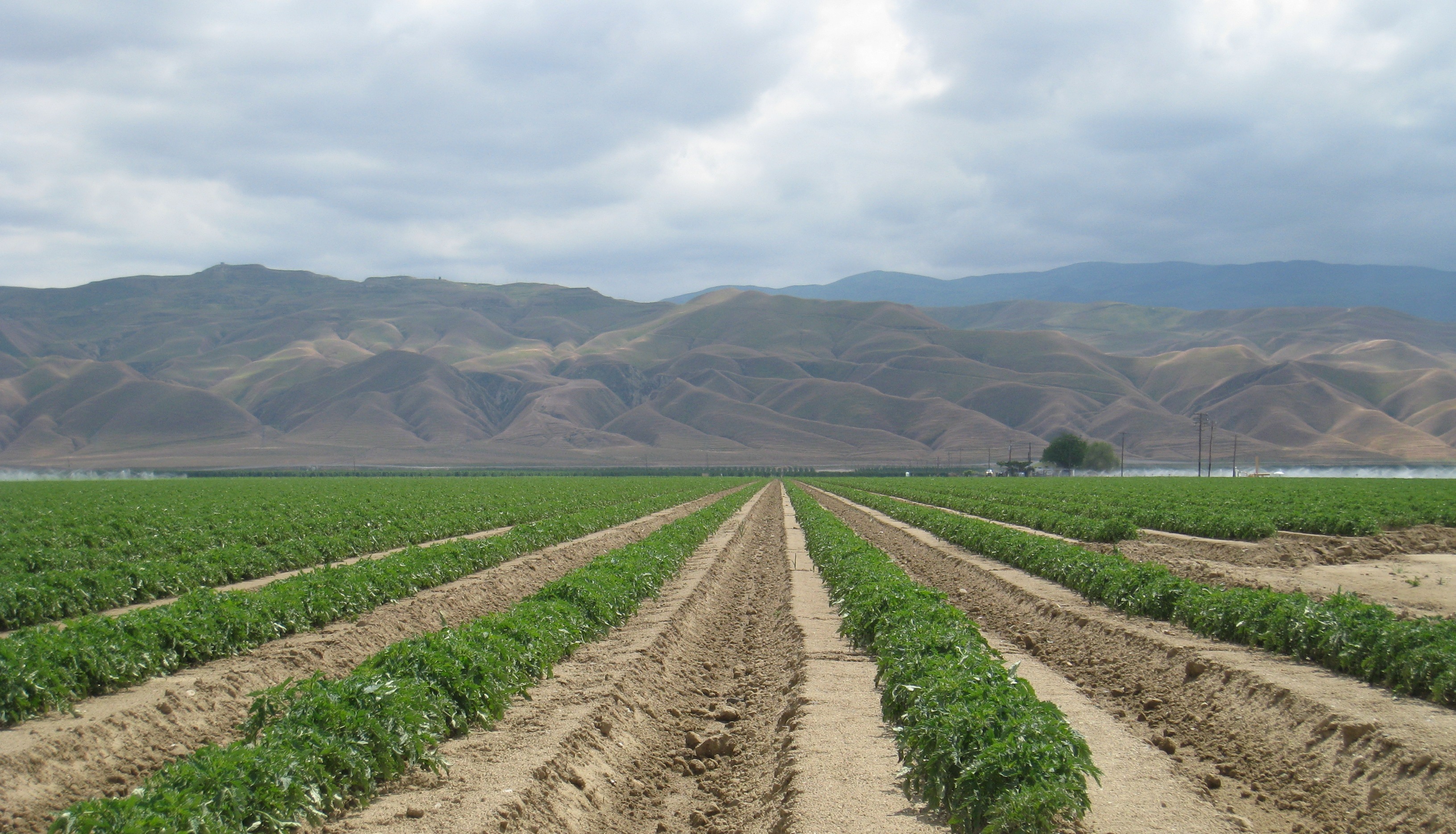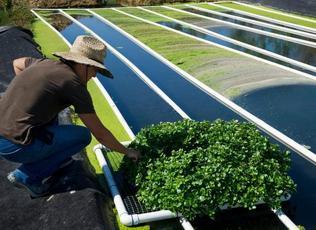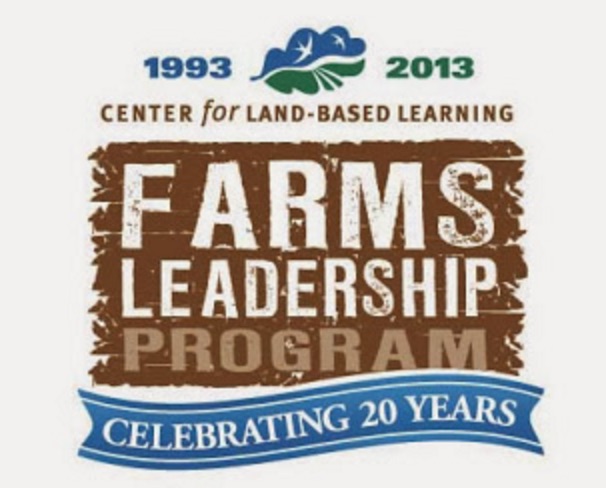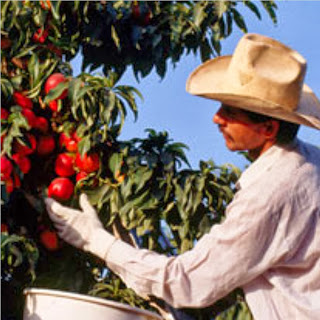$9 Per Hour Minimum Wage Starts Next Week
By Christine Souza; Ag Alert
Starting July 1, the California state minimum wage increases to $9 per hour, a hike that growers say will result in more challenges on the farm and higher costs overall.
Monterey County strawberry grower Ed Ortega said, “In agriculture, nobody can pay just minimum wage.
“People will find a job doing something else that is much easier work than working in agriculture for minimum wage. They’d rather go and flip burgers for nine bucks,” Ortega said. “Our work demands more than a minimum wage employee, so every time the minimum wage goes up, the whole ladder in our entire pay structure goes up. There’s no such thing as paying the bottom guy more and not the top guy. The whole ladder rises.”
California’s minimum wage increase to $9 per hour is a result of the passage of Assembly Bill 10 by Assemblyman Luis Alejo, D-Salinas, in 2013. AB 10 also provided for a second hike in the California minimum wage to $10 per hour on Jan. 1, 2016.
Bryan Little, California Farm Bureau Federation director of labor affairs and chief operating officer of the Farm Employers Labor Service, said raising California’s minimum wage might have happened through a ballot initiative had AB 10 not become law last year.
Proponents of increasing the minimum wage argue it is needed to reduce poverty, while business groups and those opposed believe raising the hourly minimum wage would increase business costs and jeopardize California’s economic recovery.
“The majority of farmers already pay their employees much higher than minimum wage, so when these changes occur, employees making more than minimum wage expect to stay that much ahead of the increased rate,” Little said. “In the short term, it will increase costs to employers, but the labor supply is tight right now, so workers are already able to demand fairly high wages, but the increase still impacts operating costs and business profitability.”
Phil Martin, professor of Agriculture Economics at the University of California, Davis, confirmed that higher minimum wages affect some employers and workers more than others.
“Most farm employers have a wage structure, with some employees earning the minimum wage and others more. If the minimum wage rises by $1 an hour, workers earning more than the minimum wage normally expect a similar increase in order to keep their status in the wage hierarchy,” Martin said. “Employers often respond to higher wages with productivity increasing steps, from providing tools that enable workers to work faster to harvesting fields and orchards less often.”
Martin added that fewer new immigrants have already put upward pressure on farm wages and encouraged more use of labor-saving and productivity-increasing machines.
The new minimum wage has triggered other wage concerns for agriculture employers, Little said.
“A number of other costs associated with employing people are tied to employee earnings, like Workers’ Compensation and Unemployment Insurance; the increase in the minimum wage will directly and immediately impact employers’ costs for that. Also, if farm employers augment their workforces by bringing in farm labor contractors, the farm labor contractor is likely to increase the price of the workers they provide to cover that minimum wage increase and related costs.”
Farm labor contractors can be more efficient, and employ people year-round and spread their employment costs across more jobs than a farmer who employs a small number of people can, Little added.
“Farmers face several challenges in 2014, including implementing the Affordable Care Act and dealing with the effects of the drought,” Martin said.
This season, when it comes to the availability of employees, Ortega said, he is again experiencing a shortage of workers.
“We are experiencing the normal shortage that we experienced last year, which is a pretty extreme shortage of labor. Those who have less of a crop to harvest have a more severe labor shortage than those who have a crop to harvest,” Ortega said.
Whether a farm will attract the workers that are needed, Ortega said, depends on the size of the ranch and whether there is enough work to keep employees working. Smaller farms will have more limited opportunities.
“Any farmer who is experiencing a decrease in the water supply will also be experiencing extreme pest pressures, and if you have increased pest pressure, it means higher cost to the farmer,” Ortega said. “It’s an exponential factor. It’s not just raise the minimum wage a dollar; the associated costs go a lot higher than that.”
California is one of 18 states and the District of Columbia that have minimum wages above the federal minimum of $7.25 an hour and California’s $10 minimum is likely to be among the highest in the nation in 2016. Washington currently has the nation’s highest state minimum wage at $9.19 an hour.

